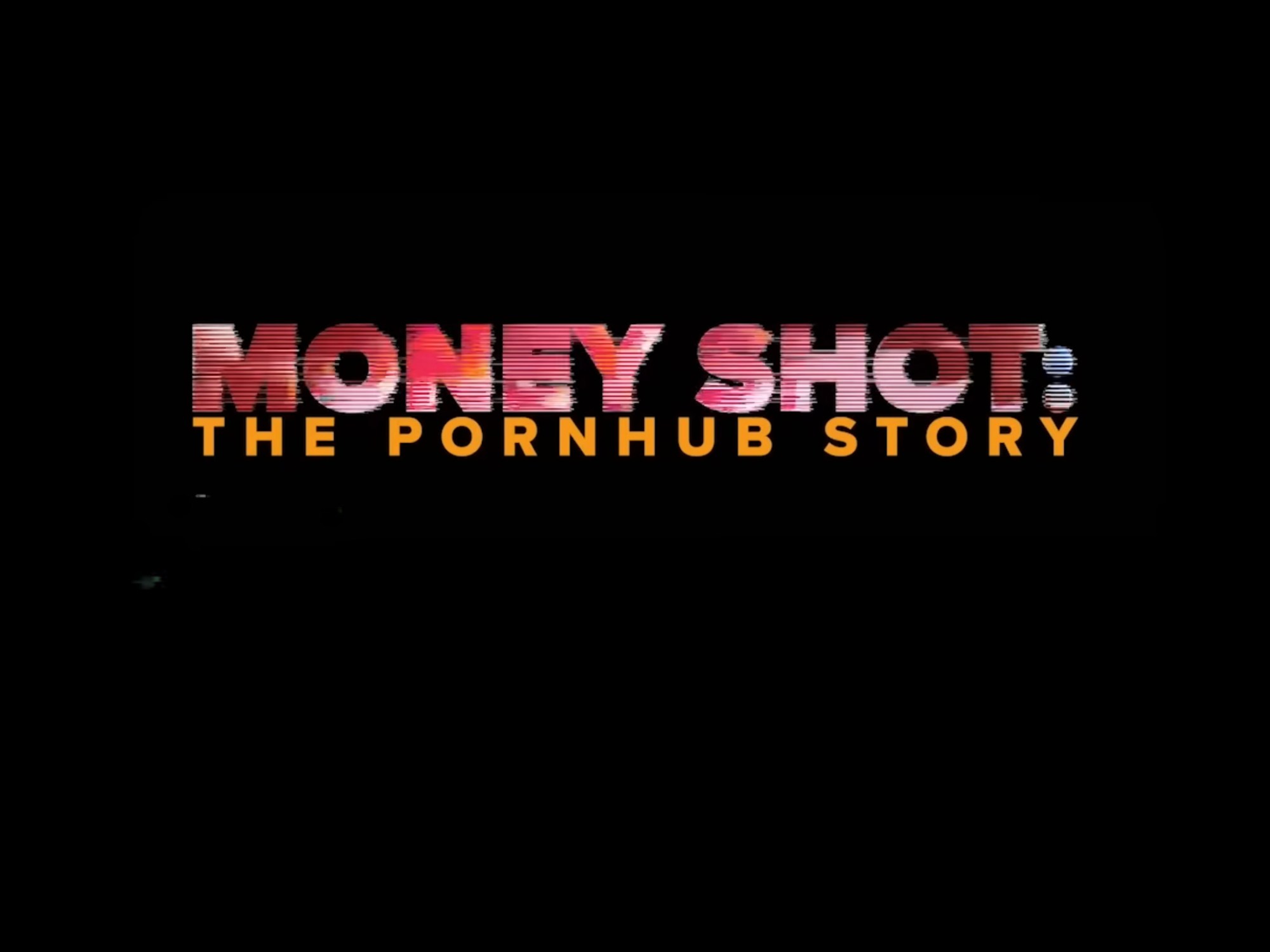
- Film
Docs: “Money Shot” Explores Adult Website’s Controversy, Clampdown
Director Suzanne Hillinger’s new documentary Money Shot: The Pornhub Story, available now on Netflix, tells a nuanced story about the fight to destabilize, delegitimize and topple the titular adult video-streaming website — one of the top 15 most visited online destinations in the world.
Money Shot: The Story of Pornhub hints at a broader story about the complicated relationship with sexualization in Western culture, and the social expediency of perhaps willfully conflating the distasteful with the criminal in service of a moral-minded mission. The result is a very interesting and engaging movie that flirts with sprawling real-world complexities but also feels deferential to hemmed-in ambitions.
While touching on the eroded barriers to entry that technology has wrought when any “amateur” can now build a massive fan following on a variety of platforms that free them from the necessity of working with studios or production companies, Money Shot is mostly about another side of pornography’s online proliferation: the explosion in video content.
A subsidiary of Canadian parent company MindGeek, Pornhub is a content-sharing platform that has proven to be disruptive to the adult industry in many of the same ways as BitTorrent sites like the Pirate Bay and LimeWire have been to the film and music industries, respectively. By changing the means of distribution for content creators, the site impacted production within the adult industry. It turned it into a volume game.
Money Shot opens by sketching out a bit of MindGeek’s tumultuous corporate history, which includes its assets being bought in 2013 by Feras Antoon, David Tassillo, and Bernd Bergmair. This might seem overly granular but it sets the scene for later sequences in which MindGeek executives submit testimonials via Zoom to Canadian governmental committee hearings. It also shows how legislative fights over the adult industry have historically existed in the shadows. A potential sequel could be in the offing for several reasons, including Mindgeek’s acquisition by Ethical Capital Partners, an Ottawa-based private equity firm.
The documentary shows how Pornhub prioritizing an unending stream of content, over requests by victims of revenge porn and sex abuse to take down videos of their assaults, led to increased scrutiny.
An anti-Pornhub Twitter campaign by activist Laila Mickelwait would dovetail with the December 2020 publication of a well-researched, highly critical article by The New York Times columnist Nicholas Kristof. The National Center on Sexual Exploitation (NCOSE) levied accusations of sex trafficking. In a matter of days, credit card companies began to pull their support in processing payments. Pornhub quickly changed its policies to ban unverified uploads and also disabled more than 10 million videos.
Money Shot boasts a deep roster of intelligent interviewees, including journalists like Kristof and Martin Patriquin, lawyers Dani Pinter and Michael Bowe, performers Cherie DeVille, Wolf Hudson, Gwen Adora, Asa Akira, and many more.
The three indisputable standouts, though, are Noelle Perdue, a scriptwriter who worked for MindGeek for three years; Mike Stabile, an adult industry advocate; and Siri Dahl, who works both as a for-hire performer and independent content creator. Incredibly articulate, this trio can frame and contextualize the debate over Pornhub in a way that rightly highlights those who would willfully conflate sex trafficking and sexual exploitation with consensual pornography and the adult entertainment industry more broadly.
Hillinger missteps here and there. She over-relies a lot of screen-captured tweets to illustrate points and accompanies each of them with a gimmicky sound effect that becomes irksome.
But she credibly sketches out a complicated issue. In particular, she does a good job of unpacking FOSTA-SESTA legislation, two separate Congressional bills that roll back portions of section 230 of the 20-year-old Communications Decency Act, which protects online publishers from things their users say or do on their websites. While aimed at targeting online sex trafficking, the laws are purposefully written in a manner so vague as to also effectively de-platform adult performers and sex workers across the internet.
As it winds its way to a conclusion, Money Shot reveals the contours of a broader mystery — or at least social drama. In the spring of 2021, after his address becomes public knowledge, the aforementioned Antoon’s mansion burns down in a case of suspected (and presently unsolved) arson. Other figures are revealed to be less lily-white survivor advocacy groups than organizations with considerable ulterior motives. NCOSE is the rebranded conservative religious group Morality in Media, while Mickelwait is a former director of abolition at Exodus Cry, an anti-pornography organization founded by a firebrand evangelical preacher also opposed to abortion rights and same-sex marriage.
Thus, in its own way, and for all its salacious trappings, Money Shot actually reveals itself to be a movie not just about a pornographic website, but about the essentiality of content moderation and verified online identities more broadly. Most common-sense people would take the position that companies should not be free to indulge in a hands-off, totally amoral strand of capitalism that has inarguably abhorrent and largely predictable consequences.
The devil, of course, is in the details.

